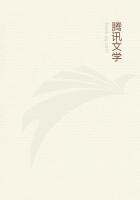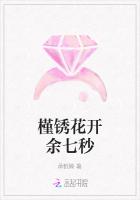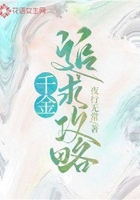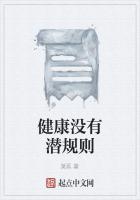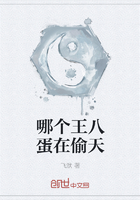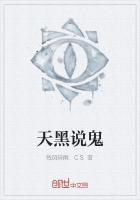Then the Saint describes a child's learning to speak; how he amasses verbal tokens of things, "having tamed, and, as it were, broken my mouth to the pronouncing of them." "And so I began to launch out more deeply into the tempestuous traffique and society of mankind." Tempestuous enough he found or made it--this child of a Pagan father and a Christian saint, Monica, the saint of Motherhood. The past generations had "chalked out certain laborious ways of learning," and, perhaps, Saint Augustine never forgave the flogging pedagogue--the plagosus Orbilius of his boyhood. Long before his day he had found out that the sorrows of children, and their joys, are no less serious than the sorrows of mature age. "Is there, Lord, any man of so great a mind that he can think lightly of those racks, and hooks, and other torments, for the avoiding whereof men pray unto Thee with great fear from one end of the world to the other, as that he can make sport at such as doe most sharply inflict these things upon them, as our parents laughed at the torments which we children susteyned at our master's hands?" Can we suppose that Monica laughed, or was it only the heathen father who approved of "roughing it?" "Being yet a childe, I began to beg Thy ayde and succour; and I did loosen the knots of my tongue in praying Thee; and I begged, being yet a little one, with no little devotion, that I might not be beaten at the schoole." One is reminded of Tom Tulliver, who gave up even praying that he might learn one part of his work: "Please make Mr.--say that I am not to do mathematics."The Saint admits that he lacked neither memory nor wit, "but he took delight in playing." "The plays and toys of men are called business, yet, when children fall unto them, the same men punish them." Yet the schoolmaster was "more fed upon by rage," if beaten in any little question of learning, than the boy; "if in any match at Ball I had been maistered by one of my playfellows." He "aspired proudly to be victorious in the matches which he made,"and I seriously regret to say that he would buy a match, and pay his opponent to lose when he could not win fairly. He liked romances also, "to have myne eares scratched with lying fables"--a "lazy, idle boy," like him who dallied with Rebecca and Rowena in the holidays of Charter House.
Saint Augustine, like Sir Walter Scott at the University of Edinburgh, was "The Greek Dunce." Both of these great men, to their sorrow and loss, absolutely and totally declined to learn Greek. "But what the reason was why I hated the Greeke language, while I was taught it, being a child, I do not yet understand."The Saint was far from being alone in that distaste, and he who writes loathed Greek like poison--till he came to Homer. Latin the Saint loved, except "when reading, writing, and casting of accounts was taught in Latin, which I held not for lesse paynefull or penal than the very Greeke. I wept for Dido's death, who made herselfe away with the sword," he declares, "and even so, the saying that two and two makes foure was an ungrateful song in mine ears;whereas the wooden horse full of armed men, the burning of Troy, and the very Ghost of Creusa, was a most delightful spectacle of vanity."In short, the Saint was a regular Boy--a high-spirited, clever, sportive, and wilful creature. He was as fond as most boys of the mythical tales, "and for that I was accounted to be a towardly boy." Meanwhile he does not record that Monica disliked his learning the foolish dear old heathen fables--"that flood of hell!"Boyhood gave place to youth, and, allowing for the vanity of self-accusation, there can be little doubt that the youth of Saint Augustine was une jeunesse orageuse. "And what was that wherein Itook delight but to love and to be beloved." There was ever much sentiment and affection in his amours, but his soul "could not distinguish the beauty of chast love from the muddy darkness of lust. Streams of them did confusedly boyl in me"--in his African veins. "With a restless kind of weariness" he pursued that Other Self of the Platonic dream, neglecting the Love of God:
"Oh, how late art thou come, O my Joy!"
The course of his education--for the Bar, as we should say--carried him from home to Carthage, where he rapidly forgot the pure counsels of his mother "as old wife's consailes." "And we delighted in doing ill, not only for the pleasure of the fact, but even for the affection of prayse." Even Monica, it seems, justified the saying:
"Every woman is at heart a Rake."
Marriage would have been his ******, Saint Augustine says, "but she desired not even that so very much, lest the cloggs of a wife might have hindered her hopes of me . . . In the meantime the reins were loosed to me beyond reason." Yet the sin which he regrets most bitterly was nothing more dreadful than the robbery of an orchard!
Pears he had in plenty, none the less he went, with a band of roisterers, and pillaged another man's pear tree. "I loved the sin, not that which I obtained by the same, but I loved the sin itself." There lay the sting of it! They were not even unusually excellent pears. "A Peare tree ther was, neere our vineyard, heavy loaden with fruite, which tempted not greatly either the sight or tast. To the shaking and robbing thereof, certaine most wicked youthes (whereof I was one) went late at night. We carried away huge burthens of fruit from thence, not for our owne eating, but to be cast before the hoggs."Oh, moonlit night of Africa, and orchard by these wild seabanks where once Dido stood; oh, laughter of boys among the shaken leaves, and sound of falling fruit; how do you live alone out of so many nights that no man remembers? For Carthage is destroyed, indeed, and forsaken of the sea, yet that one hour of summer is to be unforgotten while man has memory of the story of his past.

